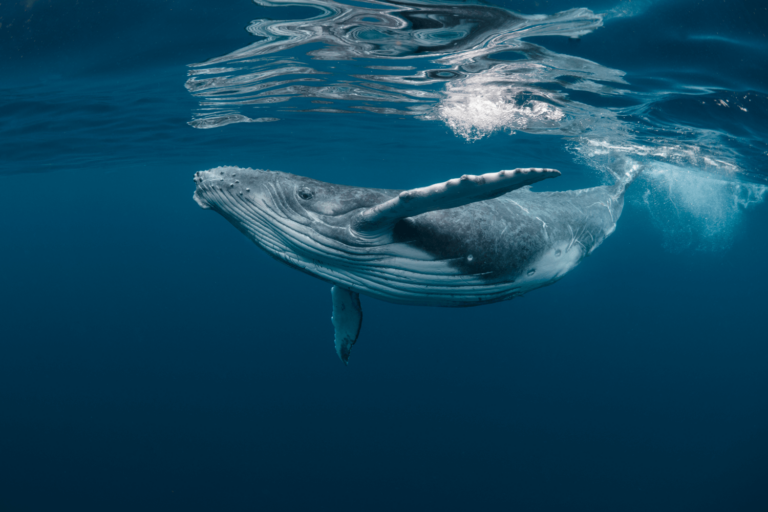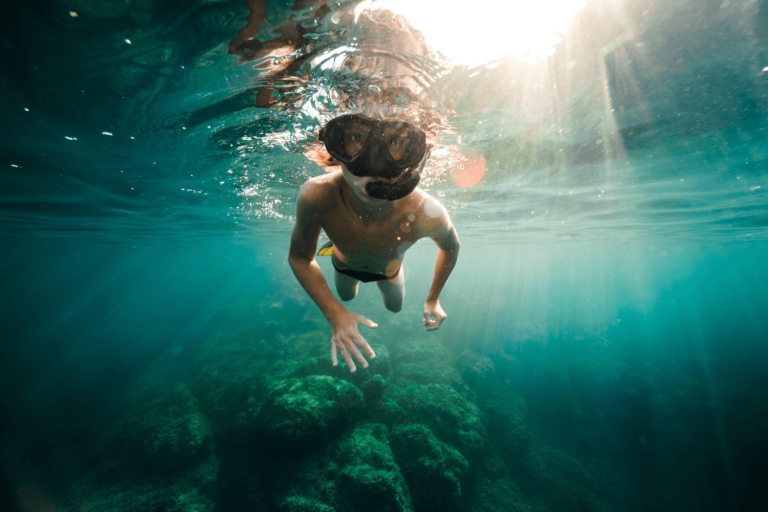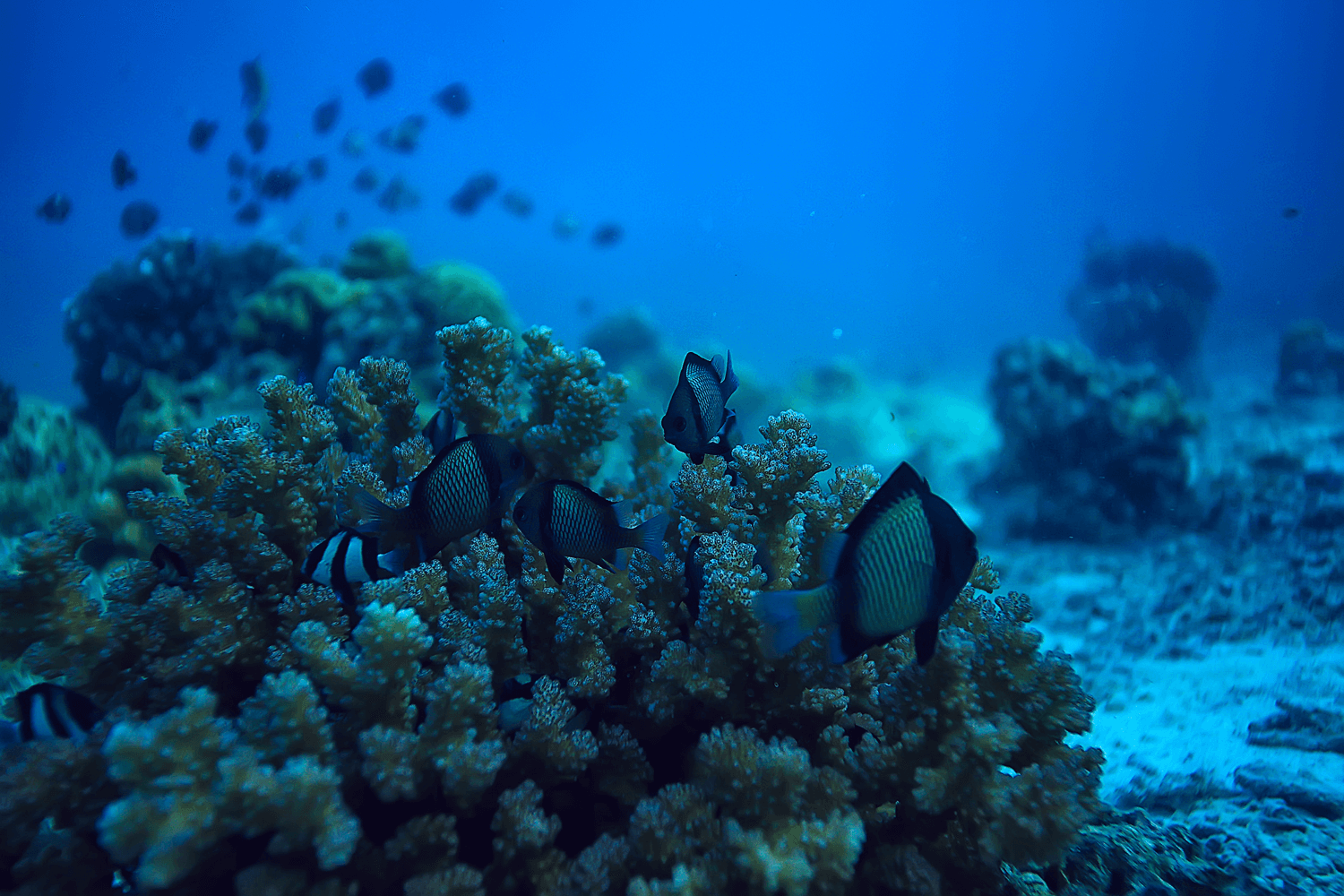Beneath the surface:
The mysterious world of the oceans
Ocean and Life Explorers is a future-oriented educational programme that opens up a broad field of knowledge for our students and offers much learning content beyond the traditional curriculum.


VITAL FOR HUMANITY
The oceans are our planet’s life support system. They produce half of the oxygen we breathe, hold more than 97% of the world’s water and provide one-sixth of the animal protein in human food. In addition, living oceans absorb carbon dioxide from the atmosphere and reduce the effects of climate change. The diversity, vitality and productivity of the world’s oceans are therefore vital to humanity: Our security, economy, and survival depend on healthy oceans.
OCEANOGRAPHY IS OF THE UPMOST IMPORTANCE
The oceans are also becoming increasingly important from an economic perspective, serving as a source of raw materials, food and even a potential habitat (it is not without reason that China is planning an underwater city and a lunar station).
In light of these advancements, oceanography has transcended the realm of casual study to become a field of critical importance, and engineering curricula are correspondingly expanding to include a greater focus on deep-sea technology.
A PROGRAMME WITH A FOCUS ON THE FUTURE
With our OBS Ocean and Life Explorers programme, we are responding to precisely this development by opening up a new spectrum of relevant and reality-based learning content for students.
Ocean Explorers first introduces students to the mysterious realm of the world’s oceans and emphasises their importance and the astonishing diversity of marine life. The investigation units serve as an introduction to unravelling the mysteries of the deep sea. Many scientific disciplines are combined, for example biology, chemistry, physics, geography and environmental science, to give students a holistic view.
RESEARCH WITH RESPONSIBILITY
Our oceanography units include immersive classroom activities and experiments, allowing students to explore oceanographic concepts actively. From simulating ocean currents to studying ocean adaptations, students engage directly with this exciting subject matter.
We also instil a strong sense of environmental responsibility by focusing on ocean conservation and sustainable behaviours, enabling students to understand the challenges facing our oceans, such as pollution and climate change, and work together to develop practical solutions, such as strategies to protect coral reefs or combat plastic pollution.
RESPONSIBILITY & ENVIRONMENTAL PROTECTION
A sustainable lifestyle and climate protection are essential for the future of our children. Therefore, we teach our students a sense of responsibility and motivate them to find solutions to future problems.
Complex and realistic content
Healthy oceans are of fundamental interest to humanity. This is why we teach complex interrelationships and their direct impact on the reality of our lives in this course.
Interdisciplinary skills
As part of the approach to this field of knowledge, content from biology, chemistry, physics, geography and environmental sciences is included in the timetable. They are presented clearly and practiced using concrete examples.
Responsibility & environmental protection
A sustainable way of life and climate protection are important for all of us. We therefore teach our students a sense of responsibility and motivate them to find solutions to the problems of the future.


